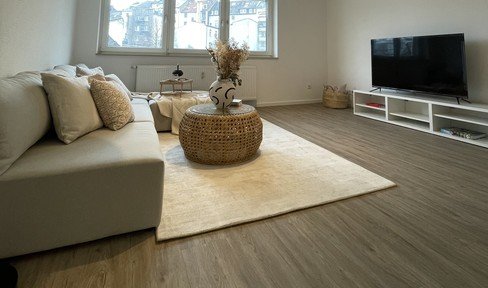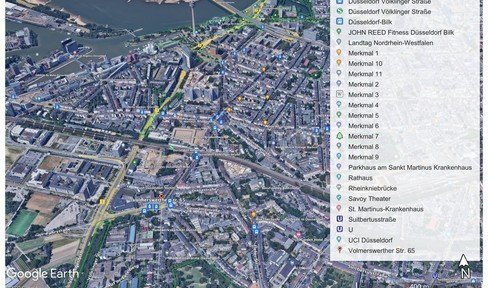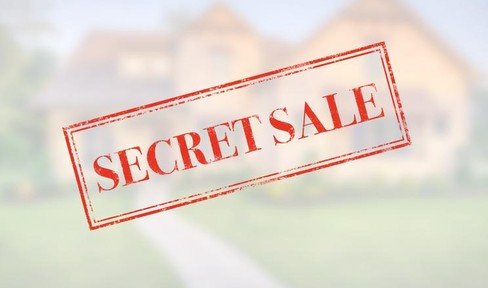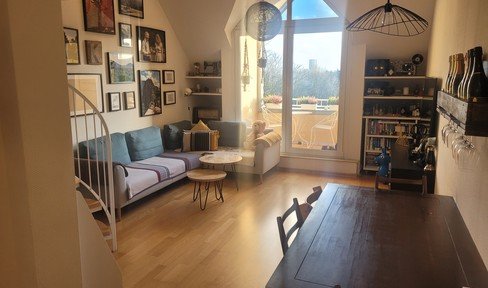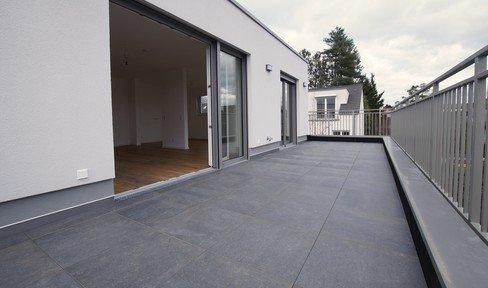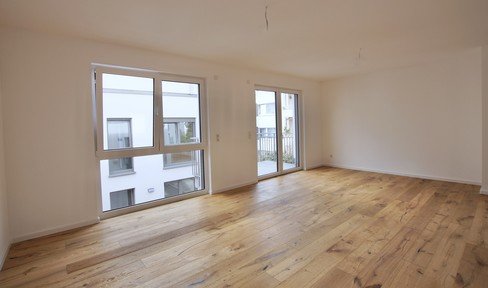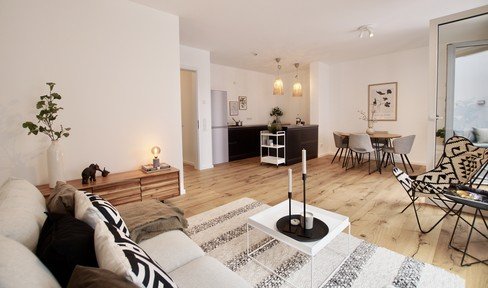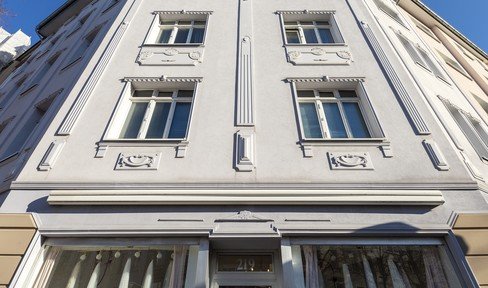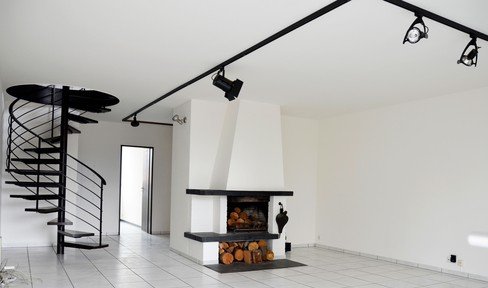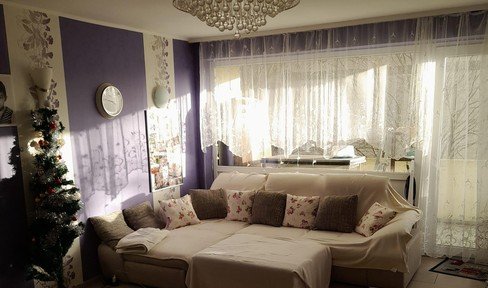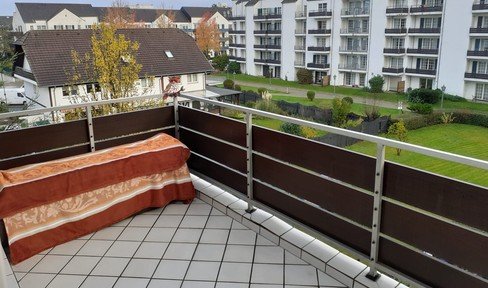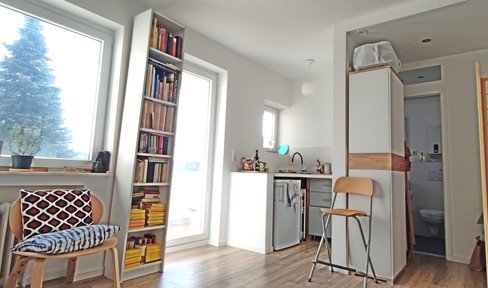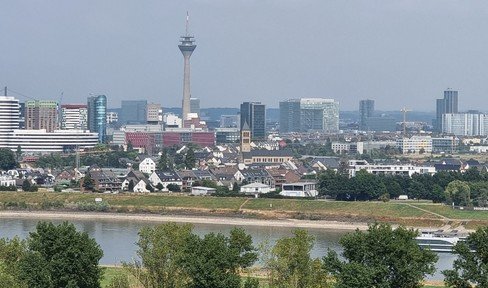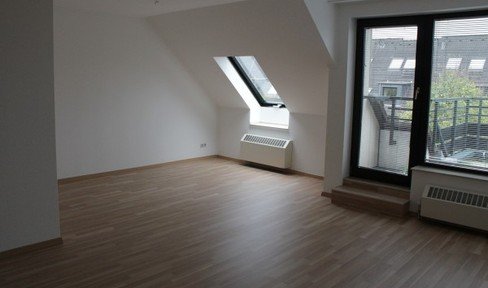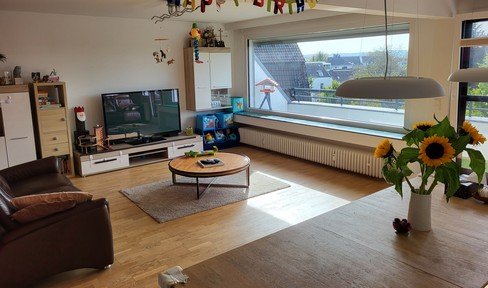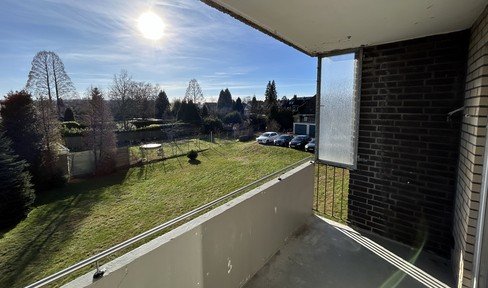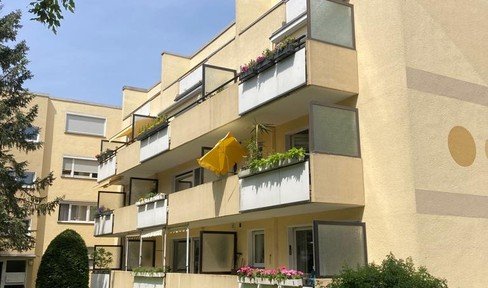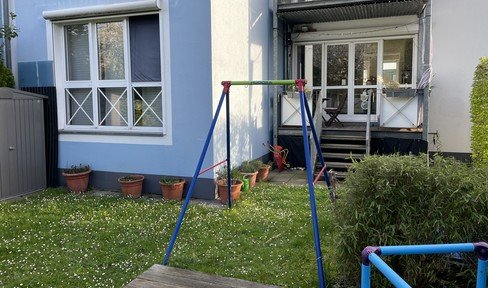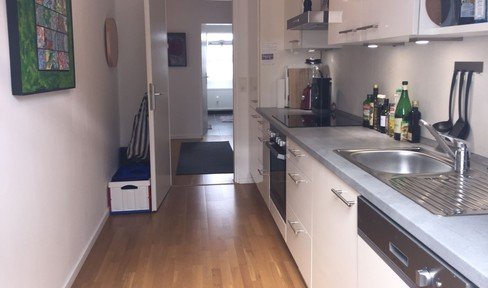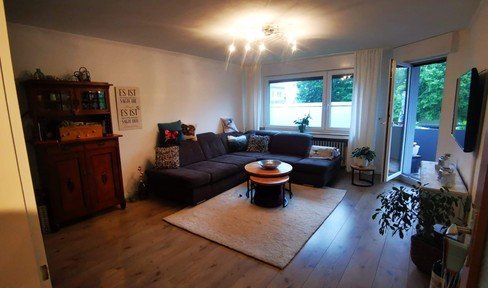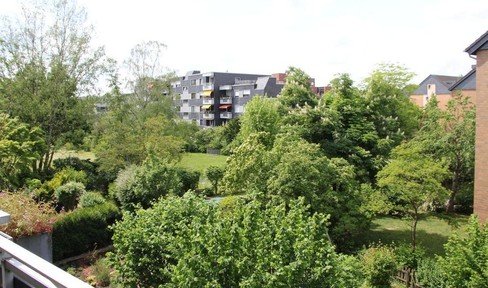
This page was printed from:
https://www.ohne-makler.net/en/properties/apartment-buy/nordrhein-westfalen/dusseldorf/
Comission-free Apartments for sale in Düsseldorf
Here you will find 41 offers for commission-free Apartments in Düsseldorf and surroundings
The unbroken appeal of the state capital ensures high prices
"Oh, if only you had stayed in Düsseldorf." If one adds to this German hit song by the Danish singer Dorthe Kollo from 1968 in a contemporary manner today , "...and would have bought living space for yourself there," then one could praise this advice from a chronological retrospective as currently making a lot of economic sense. The state capital of North Rhine-Westphaliawith its almost 600,000 inhabitants in the middle of the flourishing Rhine-Ruhr metropolitan region has been continuously attracting politics, law, knowledge, capital, art and creativity since at least the middle of the 19th century due to its geographically favorable location. As one of the fastest growing German cities in the future, real estate prices in Düsseldorf have risen sharply in the past decade in particular and remain at a high level. The current local average price of around 4,000 euros/m² is being raised slightly to 5,000 to 6,000 euros/m² in some sought-after central locations in the old town and in other neighborhoods near the Rhine (Carlstadt, Stadtmitte, Pempelfort, Zooviertel, Golzheim, Oberkassel, Niederkassel, Unterbilk), and even to 10 to 14,000 euros/m² in absolute prime locations in new construction. More affordable apartments with prices currently ranging from approx. 1,500 to approx. 2,300 euros/m² can now only be found in isolated cases near the center and in a somewhat larger selection on the outskirts of the city, for example in Eller, Rath, Oberbilk, Lichtenbroich, Holthausen and Garath.
New construction, refurbishment and block densification in response to strong demand
While the high-price segment of existing buildings in inner-city locations currently appears to have come to a standstill in terms of price momentum, most experts are still expecting significant increases, particularly in prestigious new construction projects in the city center as well as in the mid-price segment throughout the city, which has been neglected for many years. In view of the high demand, numerous new residential complexes have already been built in Düsseldorf, but many residents and observers criticize the concentration on a very affluent public. New developments such as the "atrio" residential ensemble in Kreuzstrasse near Königsallee, the residential buildings of the Hofgarten Palais on Goltsteinstrasse and Bleichstrasse, the apartments in the former streetcar depot at Südpark, the Löbbecke Arkaden at Zoopark and the block densification of the "It¿s" development in Oberbilk and the "NordCarree" between Nordstrasse, Duisburger Strasse and Kapellstrasse in the Pempelfort district are aimed at such a public. The former office building at Schanzenstrasse 78, which has been converted into a residential building, and Lanker Hof in Oberkassel, the Golzheimer Höfe on Bankstrasse and Schwerinstrasse, and the new apartments on Orsoyer Strasse and Neanderhof in Flingern North are also rather expensive.The"Portobello" residential complex at Landtag, Fürstenwall and Bürgerpark is no less exclusive, but the largest urban project is the so-called "Quartier Central" between Derendorf, Pempelfort and Zooviertel, where 1,500 residential units and an 80,000 m² park are to be built on 360,000 m² of building land over the next few years.
Sustainable energy supply and exclusive locations and features as a trend
Popular with young families, but somewhat out of the way, is the residential complex of Solarsiedlung Garath on Lüderitzstrasse, which was completed and opened in 2008. The 187 residential units in total all feature 3-pane thermal glazing, ventilation systems with heat recovery and thermal photovoltaic systems for generating electricity. Equally dedicated to sustainability and resource conservation are the single-family homes, single-story and multi-story condominiums of the "its privacy monastere" residential resort built in 2010 on an 18,000 m² site owned by Stadtwerke Düsseldorf in Unterrath. Geothermal and solar energy, ground-coupled heat pump systems, aquifer heat storage and climate walls with non-reflective surface absorbers ensure optimal use of renewable energies there. The "Mediahafen" area around the Zollhof and Speditionsstraße in Unterbilk is another district in Düsseldorf's city center that has been developing dynamically and in a variety of ways since the 1990s, with consistently higher real estate prices. There, in the immediate vicinity of the government district, much acclaimed new buildings have already been constructed, such as the futuristic-looking ensemble of the "New Zollhof" under the direction of the famous architect and designer Frank Gehry (1999). After long planning and several postponements of the start of construction, the groundbreaking ceremony for the two modern, 63-meter-high, 18-story residential towers with the characteristic name "Königskinder" (King's Children) is to take place soon in the popular waterfront and harbor location. The planned spacious lofts, exclusive apartments and high-quality maisonettes with an average size of 120 m², including their own marina in the harbor basin directly in front of the front door, are, similar to most of the other new construction projects in Düsseldorf, more likely to be considered for a well-off and affluent clientele.
Shorts facts apartments buy in Düsseldorf:
- The city's many features ensure high demand and strong growth
- The strong price increase of recent years has come to a slight halt
- The average price in Düsseldorf is well above that of the federal government
- Newly built residential complexes are primarily aimed at wealthy prospective buyers
- In the old town and city center, prices are sometimes around 10,000 euros/m².
- At best, there are still offers for favorable opportunities on the outskirts of the city
- The "Mediahafen" in Unterbilk, south of the city center, is considered to be an up-and-coming area
Properties to Rent in Düsseldorf
Properties for Sale in Düsseldorf
Diese Seite wurde ausgedruckt von:
https://www.ohne-makler.net/en/properties/apartment-buy/nordrhein-westfalen/dusseldorf/
